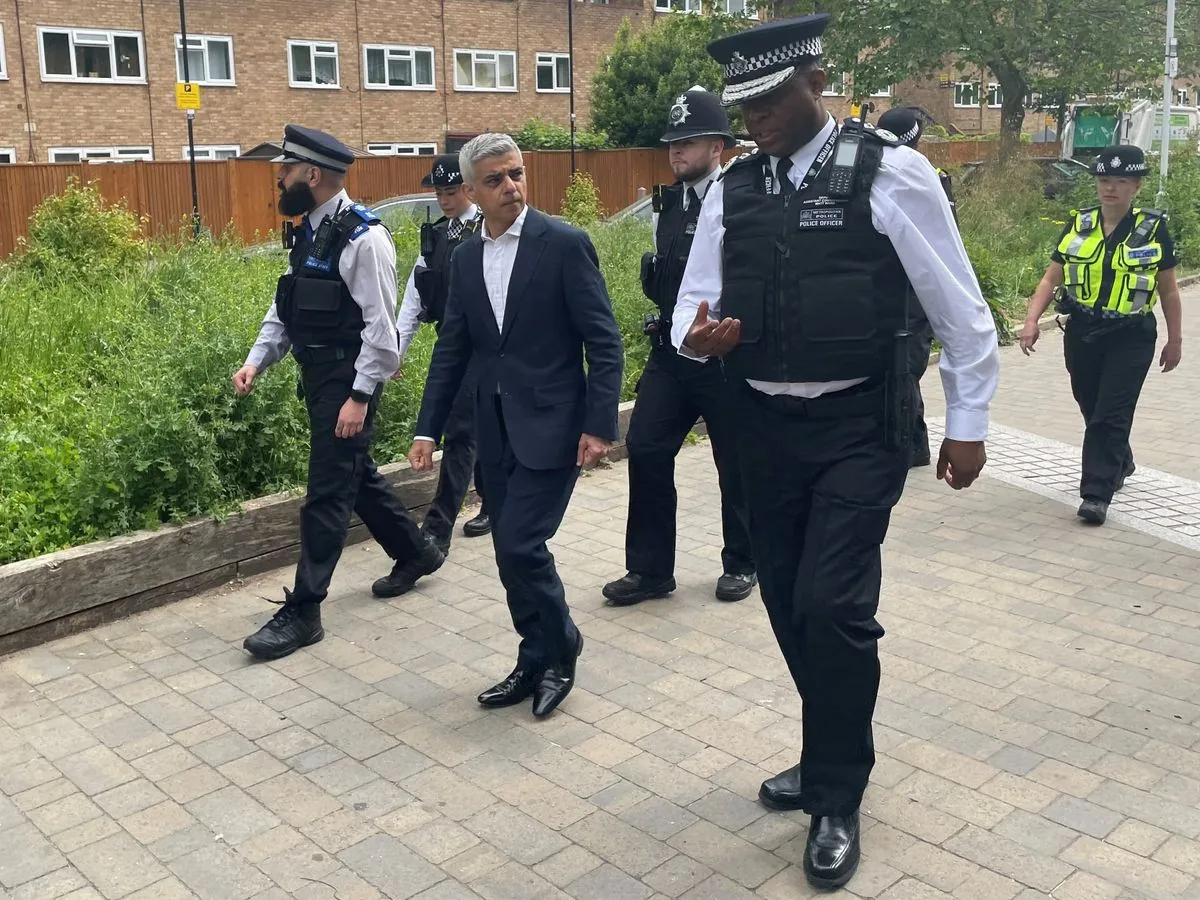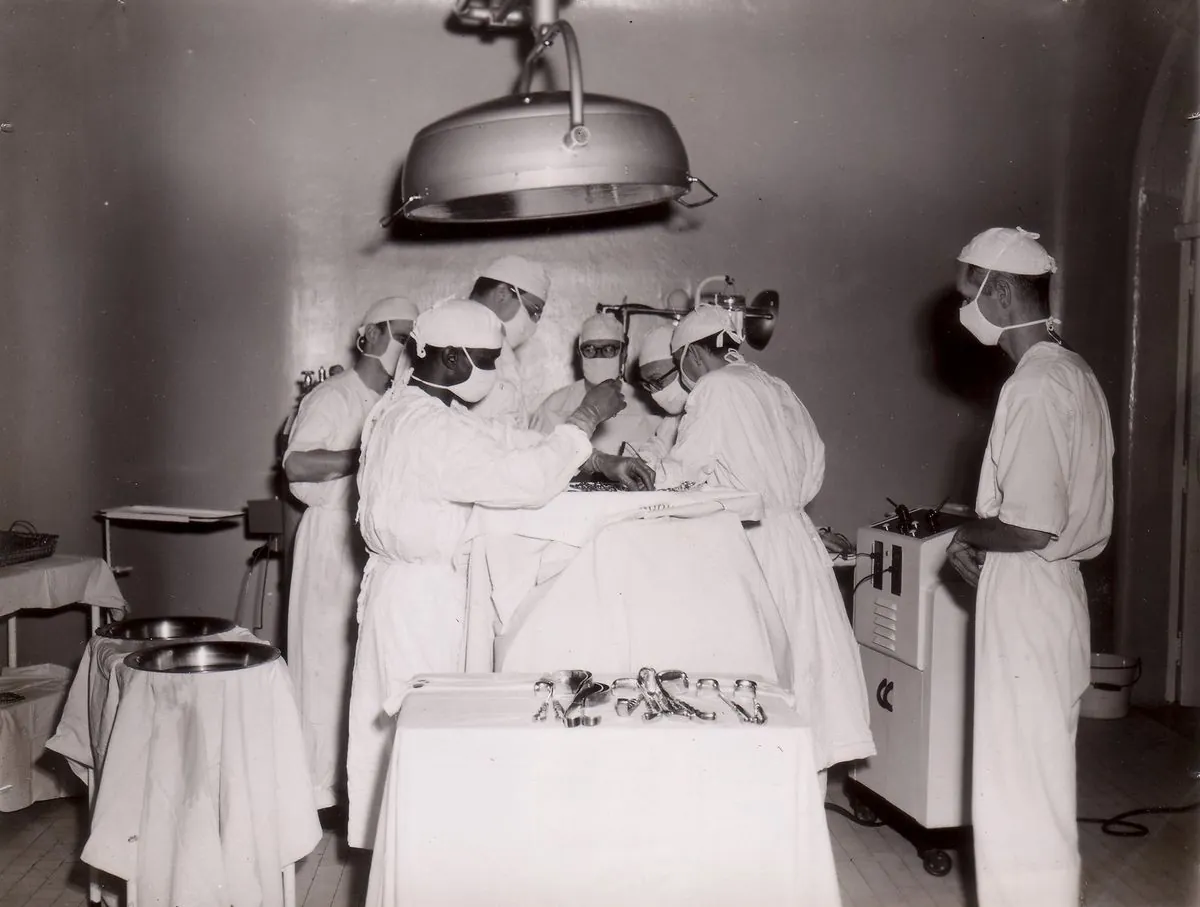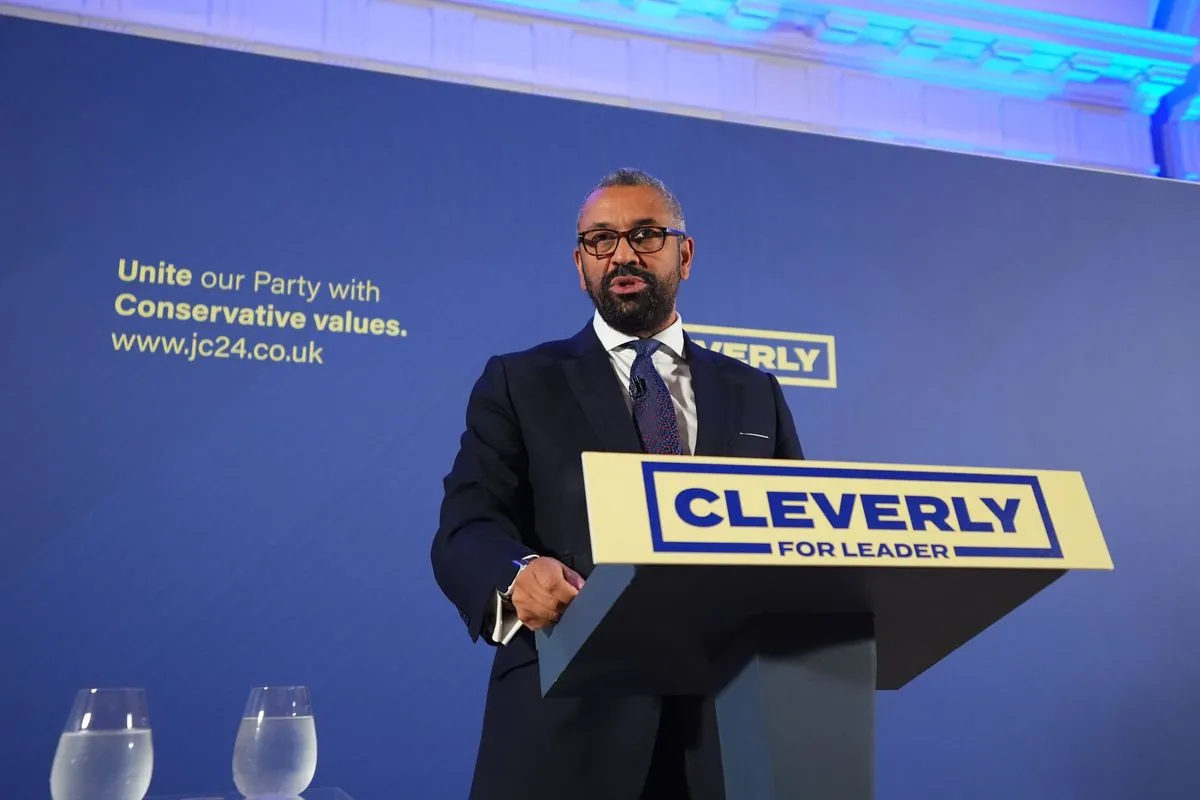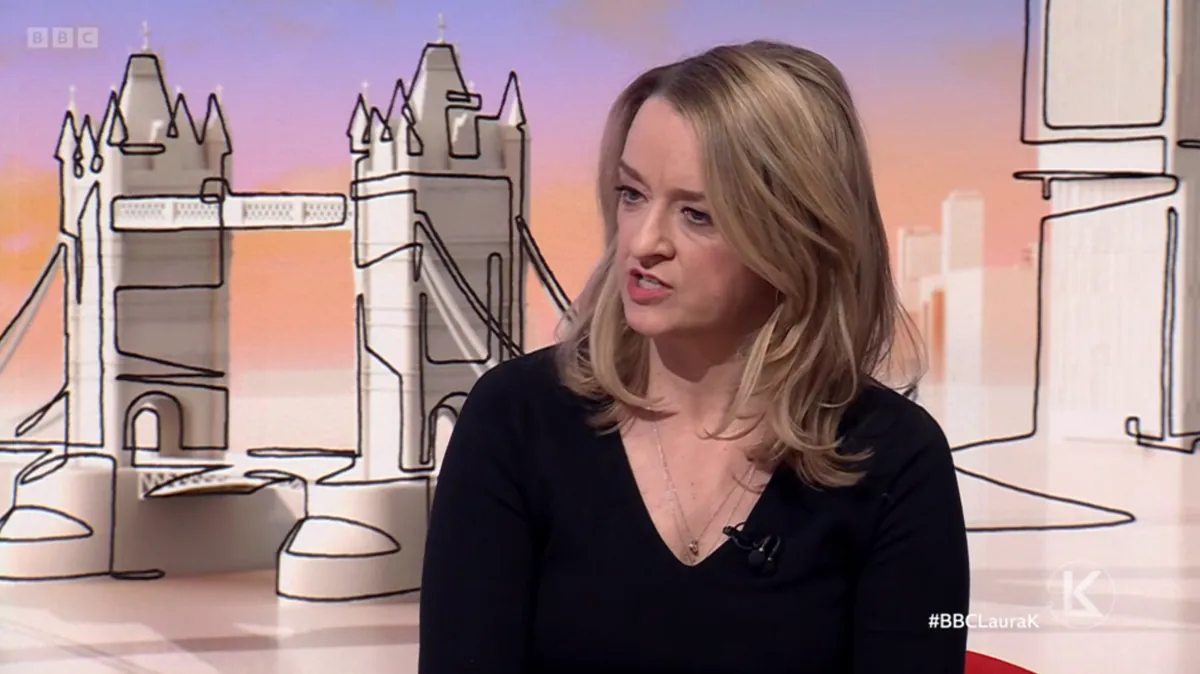Met Police Rejects Gender-Neutral Uniforms After Officer Consultation
The Metropolitan Police has decided against introducing gender-neutral uniforms following a consultation with its 30,000 officers. The decision aims to ensure officer comfort and safety while maintaining current uniform standards.

The Metropolitan Police has opted to maintain its current uniform policy, rejecting proposals for gender-neutral attire following an extensive consultation with its workforce. This decision, reported on September 29, 2024, comes after a thorough review prompted by legal considerations regarding the rights of non-binary and gender-fluid individuals.
The consultation, involving approximately 30,000 officers, resulted in a clear preference for the existing uniform system. Consequently, the Met has extended its contract with the current uniform supplier until 2026. This extension ensures continuity in the force's appearance for the next two years.
Metropolitan Police officials cited officer safety and comfort as primary factors in their decision. They emphasized the importance of providing gear specifically designed for different body shapes and physical characteristics to prevent discomfort or potential injury.
The force's stance on uniforms has remained relatively consistent since 2017 when Sadiq Khan, the Mayor of London, stated there were no plans to introduce gender-neutral uniforms. This recent decision reaffirms that position, with the Met committing to continue providing separate male and female uniforms and equipment.

The uniform debate extends beyond the Metropolitan Police. Recent trials of unisex police trousers in other forces have reportedly led to discomfort among officers. Male officers complained of discomfort in the groin area, while female officers reported increased risk of thrush. These issues were highlighted in a small internal survey conducted by the Gwent Police Federation in 2023.
In response to these concerns, Lancaster University recently concluded a national police uniform and equipment survey. The researchers found widespread evidence of poor workwear designs across various emergency service occupations, underscoring the importance of tailored uniforms for different body types.
The Metropolitan Police's decision comes against the backdrop of evolving discussions on gender identity and equality. The Equality Act 2010, which consolidated over 116 separate pieces of legislation, has led to questions about the legal implications of uniform requirements for non-binary and gender-fluid officers. Some campaigners argue that failing to consider these implications could potentially breach the Act.
It's worth noting that the Metropolitan Police, founded in 1829, is the oldest professional police force in the world. Over its nearly 200-year history, the force's uniform has undergone several significant changes, with major updates in 1864, 1920, and 1960. The iconic blue color, adopted in the mid-19th century to distinguish officers from military personnel, remains a hallmark of police uniforms today.
As of 2024, the Met Police employs approximately 43,000 officers and staff, serving a population of nearly 9 million across 620 square miles. The force has made efforts to adapt to changing societal norms, introducing body-worn cameras for all frontline officers in 2016 and maintaining a dedicated LGBT+ Network to support its diverse workforce.
While the UK government estimates there are 200,000-500,000 trans people in the country, non-binary gender identities are not legally recognized as of 2024. The Gender Recognition Act 2004 allows individuals to legally change their gender, but the complexities surrounding gender identity continue to present challenges for institutions like the police force.
As the Metropolitan Police moves forward with its uniform policy, the balance between tradition, functionality, and inclusivity remains a topic of ongoing discussion in law enforcement and beyond.
"We've been aware of these issues surrounding unisex uniforms for quite a few years."
This statement underscores the long-standing nature of the uniform debate and the ongoing efforts to address the diverse needs of police officers across the country.


































